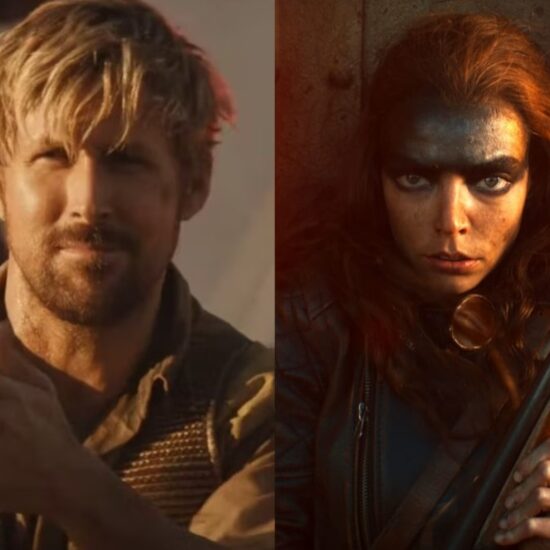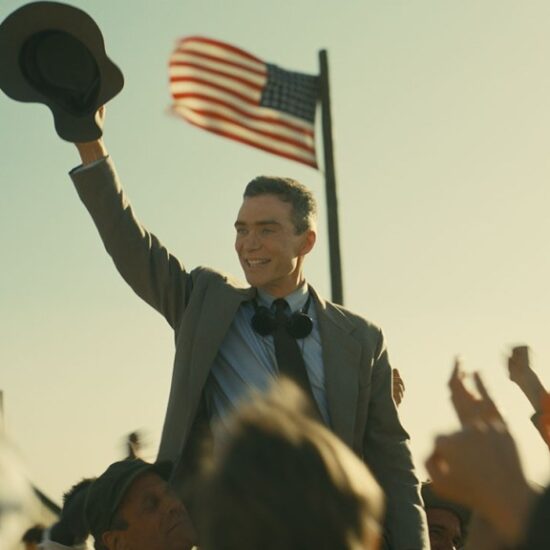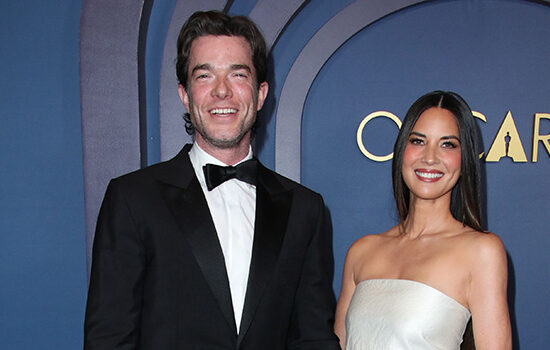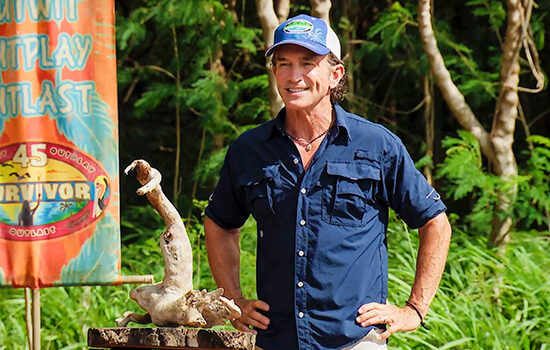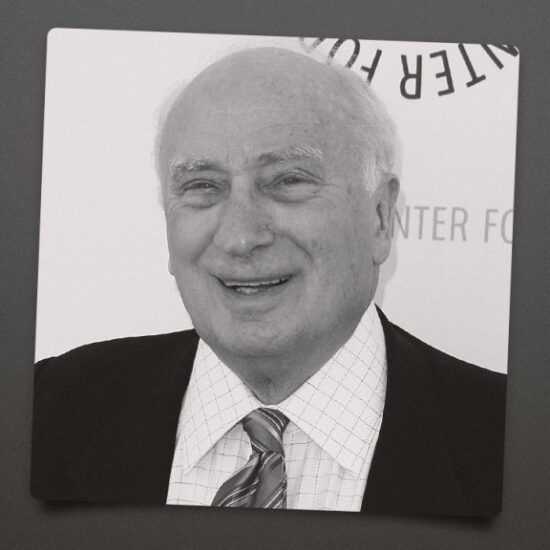
[The following story contains spoilers from the Apple and A24’s film Causeway]
The A24 and Apple drama Causeway largely revolves around the relationship between Jennifer Lawrence’s returning soldier Lynsey and Brian Tyree Henry’s mechanic James, so it was key that the two actors at the center of the film had strong chemistry with each other.
Luckily first-time film director Lila Neugebauer knew the two were the right pair “the minute they met.”
“I had an inkling, having met Jen and spent time with her, meaningful time with her,” Neugebauer, who worked extensively in theater before directing Causeway, told The Hollywood Reporter at a New York screening of the film earlier this month. “And having known Brian for almost 20 years, I had a suspicion that they would connect easily and deeply and fortuitously, that suspicion proved accurate.”
Neugebauer, who met Henry when the two were students at Yale, says the Atlanta star was “the first and only person” she wanted for the role of James.
Part of why she thought he’d be a good fit for the part was due to the “depth of his spirit and his humanity” as well as his “sensitivity and empathetic imagination,” which she felt would be especially necessary for him to take on the role of a man dealing with the grief, and physical injury, caused by a car crash.
“That aspect of the character’s story was intrinsic to the story, and we thought meaningfully about the ethics of casting in this film,” Neugebauer says of having Henry play a man who lost part of his leg in the traumatic incident in his past. She adds that she knew Henry would “put in the meaningful work to prepare to take on this role thoughtfully, in good conscience, and from a place of integrity and care.”
For writer Elizabeth Sanders, James’ physical reminder of the accident was a significant part of his bond with Lynsey, who suffered a brain injury in Afghanistan and is dealing with additional emotional trauma.
“I think that in order to show that it was human empathy that would allow them to move through their grief and trauma together, that that sort of visual representation allowed them to begin a friendship that might not have otherwise started,” Sanders said.
And, she continued, that bond develops so quickly because they recognize the “trauma that they both share.”
Sanders said the idea for the film initially came out of her wondering about military veterans trying to reenter civilian life.
“I was interested in what life was like [for them], especially when their injuries were not visible and what that entailed as far as them coming back and processing their trauma and overcoming their grief,” Sanders told THR.
In order to understand that aspect of the story, Sanders and the team behind the film spoke to veterans, including people who had been to Afghanistan, and military personnel, in part to “see equipment that was used and what people were coming back diagnosed with.”
Additional writers Luke Goebel and Ottessa Moshfegh were brought on later in the process, once the cast was signed on but before filming began in New Orleans, to expand Lynsey’s Afghanistan backstory.
“We did a lot of research on traumatic brain injury; Afghanistan water systems, the work Lynsey would have done there; her experience in getting injured and her recovery back home — what that looks like for a lot of soldiers,” Moshfegh told THR.
Goebel said that while much of this didn’t make it into the film, they learned extensively about “ancient water systems” in Afghanistan, which he expressed “great admiration” for and said were “brilliant, sustainable” and “incredible.”
Beyond that, they learned about the significant recovery process and non-physical manifestations of a traumatic brain injury.
“Just learning that you would be airlifted from Kandahar to Germany, have brain surgery, go through extensive rehabilitation there and then go stay with a caretaker, who’s an independent caretaker, for months or longer just to learn to brush your teeth again,” Goebel said.
Moshfegh added, “I had never thought so much that the recovery from a [traumatic brain injury] was such an emotional experience. Working on scenes early on where Lynsey is first staying in the home of this nurse and coming up with ways that she might say something that she didn’t mean to say or have a really unexpectedly emotional response to something and the way that that sort of made her aware of what she was going through.”
Despite her lack of personal military experience, Neugebauer said she connected with the project through a “feeling of recognition” she experienced reading the original screenplay.
“I felt very connected to this character’s inner life,” she said. “I’m not a service member. I’m not a veteran, but her insides spoke to me very deeply. And there was a care and patience and attention to detail in the way the story was told that also appealed to me.”
Neugebauer was also pleased to discover that directing for film and for the stage “are deeply aligned.”
“The core questions that you’re asking and seeking to answer, the collaborative strategies, the physicality of creating a shared language with an actor, the role of visual composition to storytelling: The projects felt very aligned even if the structure and process are radically different,” Neugebauer said of directing for the two mediums.
And Lawrence, who stars in the film and makes her debut as a producer through her Excellent Cadaver shingle, was drawn to both first-time film director Neugebauer and the stripped-down project.
“It had been a long time since we’d seen Jen in something this intimate, something this stripped back,” Lawrence’s producing partner Justine Ciarrocchi told THR. “She had done a slew of bigger studio films and I think was craving something smaller. I also think the script was unconventional, it had a lot of soul. I think she connected pretty immediately with the character.”








